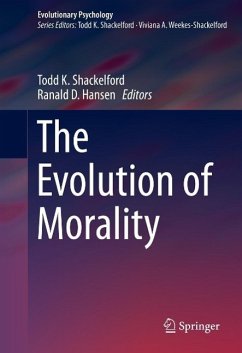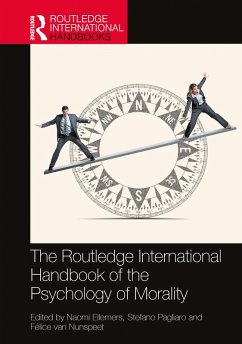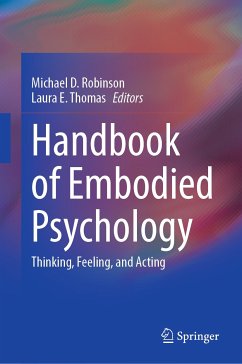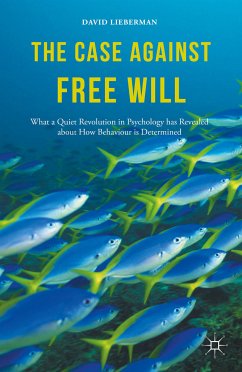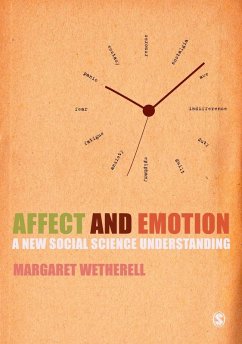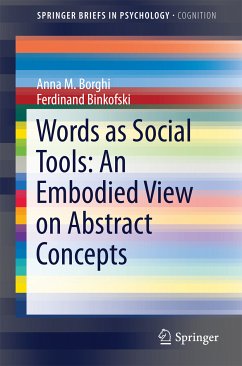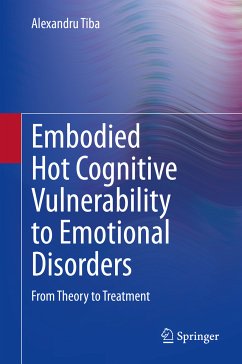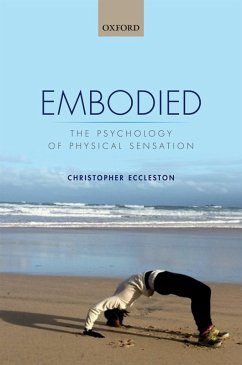
Embodied Morality (eBook, PDF)
Protectionism, Engagement and Imagination
Versandkostenfrei!
Sofort per Download lieferbar
56,95 €
inkl. MwSt.
Weitere Ausgaben:

PAYBACK Punkte
28 °P sammeln!
In this book the broad, interdisciplinary theory of Triune Ethics Meta-theory is explored to demonstrate how it explains the different patterns of morality seen in the world today. It describes how human morality develops dynamically from experience in early life and it proposes that the methods in which humans are raised bring about tendencies towards self-protective or open-hearted social relations. When the life course follows evolutionary systems, then prosocial, open-hearted capacities develop but when the life course goes against evolutionary systems it should not be a surprise that self...
In this book the broad, interdisciplinary theory of Triune Ethics Meta-theory is explored to demonstrate how it explains the different patterns of morality seen in the world today. It describes how human morality develops dynamically from experience in early life and it proposes that the methods in which humans are raised bring about tendencies towards self-protective or open-hearted social relations. When the life course follows evolutionary systems, then prosocial, open-hearted capacities develop but when the life course goes against evolutionary systems it should not be a surprise that self-focused values and behaviors develop such as violent tribalism, self aggrandizement and a binary orientation to others (dominance or submission). Many humans alive today exhibit impaired capacities in comparison to humans from small-band hunter-gatherer societies, the type of society that represents 99% of humanity's history. TEM is rooted in ethical naturalism and points out how to optimizehuman moral development through the lifespan-toward the ethics of engagement and communal imagination.
Dieser Download kann aus rechtlichen Gründen nur mit Rechnungsadresse in A, B, BG, CY, CZ, D, DK, EW, E, FIN, F, GR, HR, H, IRL, I, LT, L, LR, M, NL, PL, P, R, S, SLO, SK ausgeliefert werden.



